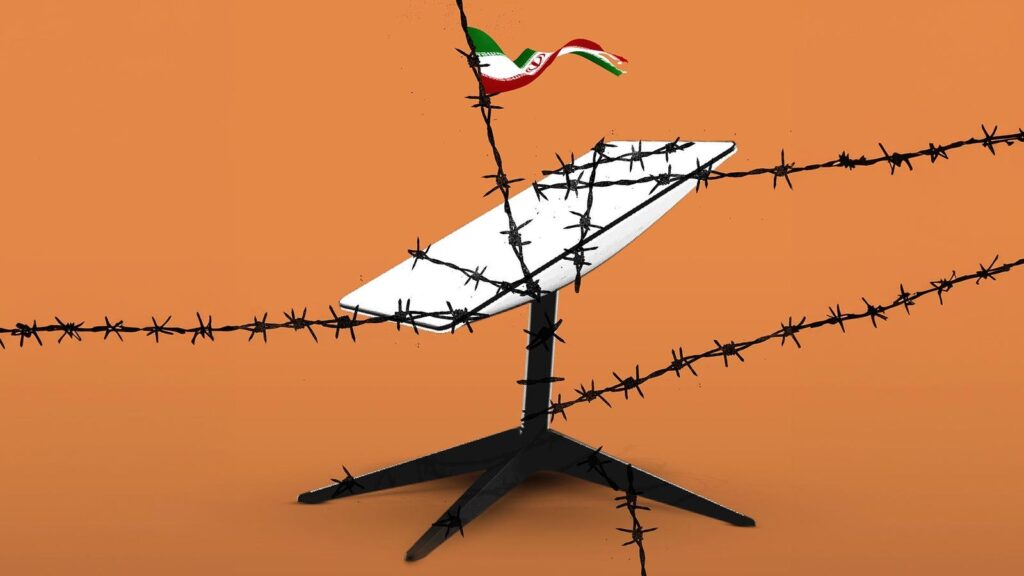
Inside Iran’s Thriving Black Market For Starlink Terminals
In the two years since SpaceX launched its satellite internet service, a thriving black market has emerged in Iran, fueling the distribution of uncensored and high-speed internet to thousands. The underground network has brought hope to those who crave freedom of expression and access to information, as well as economic benefits for those involved in the trade.
This clandestine market is built upon a foundation of smugglers, activists, and entrepreneurs who have managed to bypass Iranian authorities’ strict control over online content. Since Washington gave its green light to SpaceX’s satellite internet service, an underground network has been established to sneak Starlink terminals into Iran.
One of the most prominent actors in this illegal trade is NasNet, a Persian-language Telegram channel that promotes the use and sale of Starlinks. This platform has become a go-to source for Iranians seeking access to these devices. In addition to facilitating transactions, NasNet also provides instructional videos on setting up and troubleshooting technical issues.
An anonymous Iranian woman who has lived in Europe for 10 years is the primary creator of these YouTube videos. She appears with her face hidden from the camera to maintain her privacy. Her involvement in this effort highlights the significance she attributes to an open, uncensored, and high-speed internet connection. “The idea of unlimited internet feels almost unbelievable to many Iranians,” she said. “It’s like a thirsty person in the desert who suddenly finds a well. At first, they can’t believe it’s real. Then, they drink as much as they can.”
Starlink first arrived in Iran in 2022 following mass protests over the police killing of Mahsa Amini, whose death had sparked widespread outrage and government repression. In response to the U.S. Treasury and State Departments’ decision to provide an exception to sanctions for communications services, SpaceX activated Starlink service in Iran.
To suppress the protests, Iranian authorities shut down the internet – a tactic they have employed regularly to quell uprisings. The subsequent launch of Starlink provided a lifeline for those seeking unfettered access to online content.
In the months following the September 2022 protests, Mehdi Yahyanejad, an Iranian-American activist in Los Angeles, utilized funds from local non-profits and private donors to purchase around 100 Starlink terminals. He sent these devices to activists and other allies near Iran who helped smuggle them into the country.
Yahyanejad also made recommendations to SpaceX regarding the design of the devices for Iranian users. The company responded by incorporating foldable pole mounts, allowing terminals to be easily transported in backpacks, as well as detachable Ethernet cables instead of proprietary ones that were difficult to replace within Iran.
The black market has brought various risks and benefits to those involved. Mohammad, an individual who requested anonymity, is aware of the threats associated with his new internet connection. Starlink terminals are supposed to be installed outside with a clear view of the sky, but he’s placed his device inside, next to the door to his balcony, which is covered by a black curtain. “I can’t trust my neighbors yet,” he said. This decision has resulted in a slower connection speed – potentially half the capacity.
Despite these risks, Mohammad believes that having access to Starlink outweighs the downsides. It’s still far better than his previous internet, he emphasized.
Source: www.forbes.com


